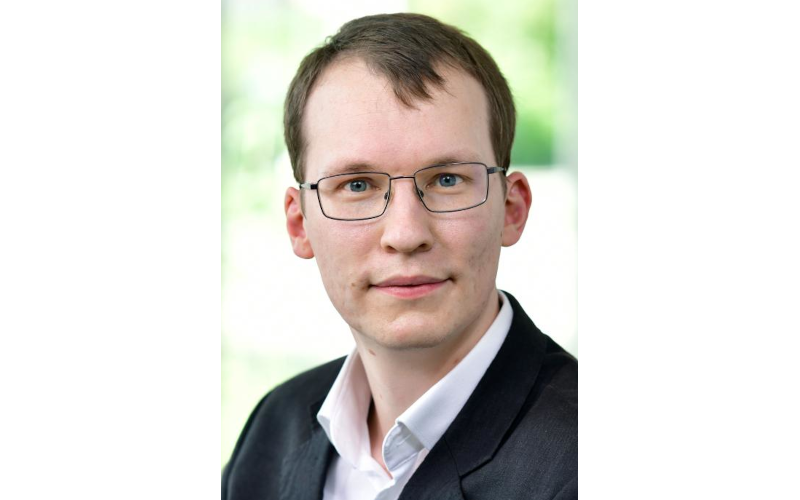Zusammenfassung
Studies on unconscious cognitive capacities suffer from not rigorously assessing the difference between two tasks. A number of studies apply priming paradigms to study unconscious processing. In a typical priming paradigm, a prime stimulus can influence the processing of a subsequently presented target stimulus, even if the prime is not consciously perceived. Evidence for such findings typically comes from two tasks: In an indirect task, response times to the target stimulus are shown to be affected by the prime stimulus. In a direct task participants are then asked to discriminate the prime stimulus directly and their sensitivity are shown to be very low. This pattern of results seems to demonstrate that response times in the indirect task are more sensitive to the prime stimulus than participants’ direct task reports—a situation we call the “Indirect Task Advantage” (ITA). Based on such apparent ITAs, researchers routinely infer that the priming was processed unconsciously, that is, prime stimuli were processed beyond what participants can report.
Here is the problem: Sensitivities in the indirect task are never calculated. Thus, we conduct the appropriate relative sensitivity analysis (already proposed 35 years ago by Reingold and Merikle) in which we determine how sensitive response times actually are to the prime stimuli. Reanalyzing 15 highly influential unconscious priming studies, we find little to no evidence for ITAs: There is lacking evidence for a difference between sensitivities in the two tasks. Thus, there is no empirical basis for claims about unconscious priming. We demonstrate the same problem in a different paradigm, the implicit learning paradigm. Given this pervasive, fundamental methodological shortcoming, the fields of conscious versus unconscious processing and implicit learning require serious reevaluation.
